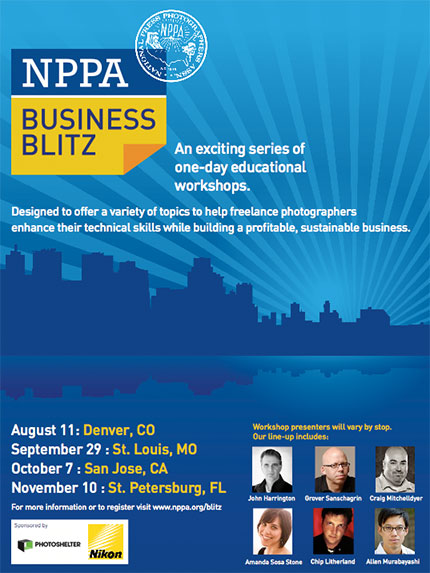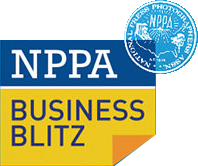Uh, no.
Going into court is a painful process. It's always easier for both parties to come to a settlement, and not have to wade into the morass of Federal court. Unfortunately, though, thieves, often empowered by a belief that they can outspend and wait-out an artist whose work they stole, will fight until the bitter end. Then, you have judges, who can understand, say, Disney's claims of lost income when they are infringed, but consider a photographer who had his work infringed as getting some sort of windfall they otherwise wouldn't have received or certainly aren't entitled to, when some Fortune 500 company steals or misuses their work, and, as such, gives them some minuscule award of damages.
Yet, the fight must go on. It is, simply, a fight for what is right. Sometimes, fighting for what is right isn't easy.
Back in April of this year, Photo Attorney Carolyn Wright began a "Diary" of a copyright infringement, that's worth having a read - if for no other reason than to see the minutia that is involved.
So, I commend you to read the series.
- Diary of a Copyright Infringement Lawsuit – 1
- Diary of a Copyright Infringement Lawsuit – 2
- Diary of a Copyright Infringement Lawsuit – 2a
- Diary of a Copyright Infringement Lawsuit – 3
- Diary of a Copyright Infringement Lawsuit – 4
One of the most important things about a copyright infringement that you're dealing with, is to be very careful about how and when you might contact the infringer, and what you might say.
Whatever you write in your emails will become a part of the evidence against you, if, for example, you demand $500 and then later, after learning more about the breadth of the infringement, you demand $50,000, your $500 email will cost you.
Most attorneys will talk to you for 5-15 minutes about your case, generally, before beginning to charge you. Most will give you general information, listen to the specifics of your case, and talk about possibilities and probabilities. At the point that they formally start giving you "advice" is when they'll start charging you. Understand, though, they are also trying to decide if they will take you on as a client.
Most importantly, make sure the lawyer you contact knows copyright. Disastrous mistakes get made when you hire a lawyer who isn't specialized in copyright.
(Comments, if any, after the Jump)
Please post your comments by clicking the link below. If you've got questions, please pose them in our Photo Business Forum Flickr Group Discussion Threads.

